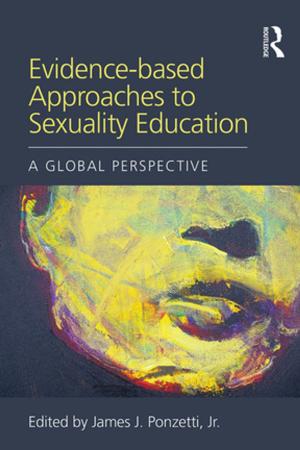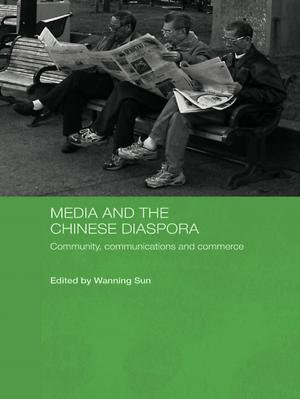Refashioning Secularisms in France and Turkey
The Case of the Headscarf Ban
Nonfiction, Religion & Spirituality, Middle East Religions, Islam, Social & Cultural Studies, Social Science| Author: | Amelie Barras | ISBN: | 9781317686828 |
| Publisher: | Taylor and Francis | Publication: | April 24, 2014 |
| Imprint: | Routledge | Language: | English |
| Author: | Amelie Barras |
| ISBN: | 9781317686828 |
| Publisher: | Taylor and Francis |
| Publication: | April 24, 2014 |
| Imprint: | Routledge |
| Language: | English |
Over the past few years, secularism has become an intrinsic component of discussions on religious freedom and religious governance. The question of whether states should restrict the wearing of headscarves and other religious symbols has been particularly critical in guiding this thought process.
Refashioning Secularisms in France and Turkey documents how, in both countries, devout women have contested bans on headscarves, pointing to how these are inconsistent with the ‘real’ spirit of secularism. These activists argue that it is possible to be simultaneously secular and religious; to believe in the values conveyed by secularism, while still remaining devoted to their faith. Through this examination, the book highlights how activists locate their claims within the frame of secularism, while at the same time revisiting it to craft a space for their religiosity.
Addressing the lacuna in literature on the discourse of devout Muslims affected by these restrictions, this book offers a topical analysis on an understudied dimension of secularism and is a valuable resource for students and researchers with an interest in Religion, Gender Studies, Human Rights and Political Science.
Over the past few years, secularism has become an intrinsic component of discussions on religious freedom and religious governance. The question of whether states should restrict the wearing of headscarves and other religious symbols has been particularly critical in guiding this thought process.
Refashioning Secularisms in France and Turkey documents how, in both countries, devout women have contested bans on headscarves, pointing to how these are inconsistent with the ‘real’ spirit of secularism. These activists argue that it is possible to be simultaneously secular and religious; to believe in the values conveyed by secularism, while still remaining devoted to their faith. Through this examination, the book highlights how activists locate their claims within the frame of secularism, while at the same time revisiting it to craft a space for their religiosity.
Addressing the lacuna in literature on the discourse of devout Muslims affected by these restrictions, this book offers a topical analysis on an understudied dimension of secularism and is a valuable resource for students and researchers with an interest in Religion, Gender Studies, Human Rights and Political Science.















